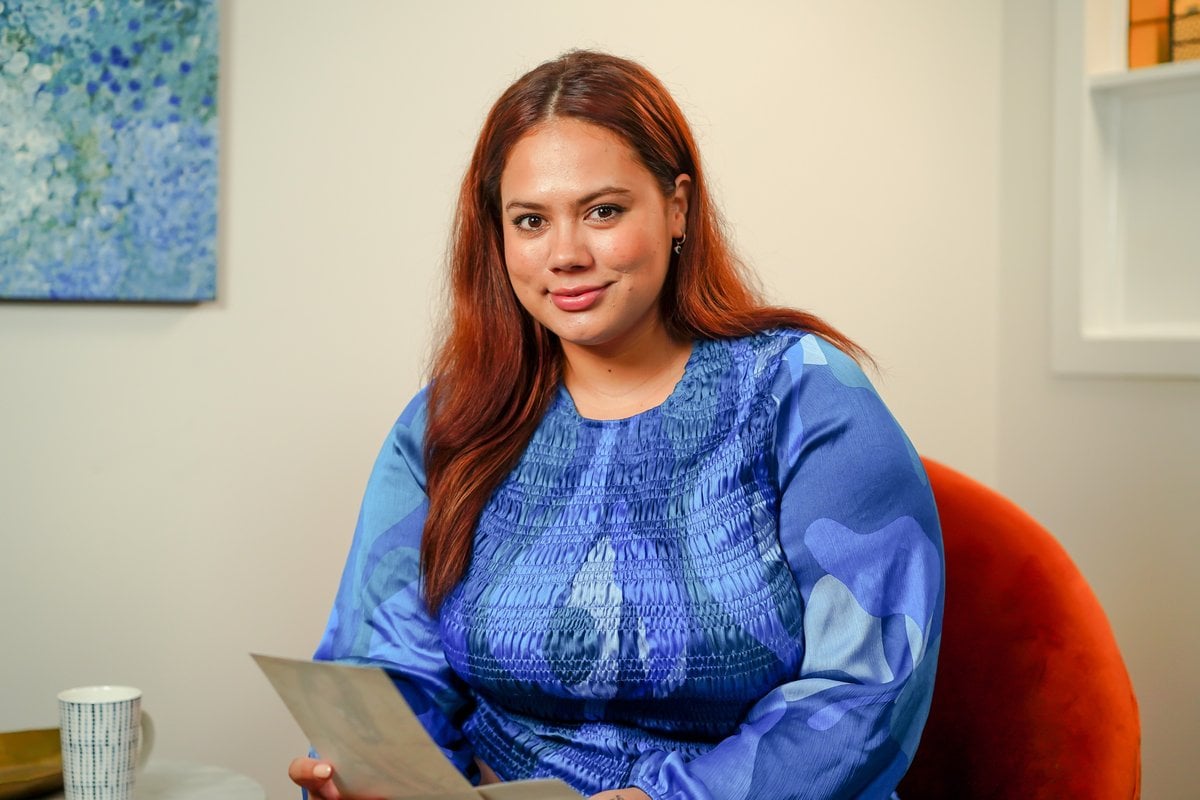
If I had a cent for every time, I felt devalued as a plus-size person I would be rich.
If I were to collect a cent for every passive/microaggression — and if I’m honest, sometimes explicitly aggressive commentary and insinuations — I get for being an individual belonging to the mixed-race, Indigenous (BIPOC), first-generation community, I would be, you guessed it, rich.
Not quite Kylie Jenner rich but own my own house with several dogs and have no financial burdens or worries kind of rich.
Watch: How to improve your daughter's body image. Post continues below.
I often wonder about the person I would be if I didn’t have to count out every cent that’s weighed me down over the years. Speaking my truth and living up to my own values and morals I can reflect upon the years of body dissatisfaction and discrimination I adhered to as a young child, a teenager, and now a young adult.
Years of which have seen me put in hours of work in the therapy chair, at home alone or even in the time it takes me to walk from the fast-food store to my house. Clutching the paper bag I’ve learnt provides me with a harmful, self-soothing crutch.
If you are in any way different from the westernised, niche box of ‘beauty’ standards that we have been programmed to believe is correct, then you learn to grow up in society as a palatable version of your true self. Sacrificing individuality to minimise humiliation or prejudice.

Top Comments